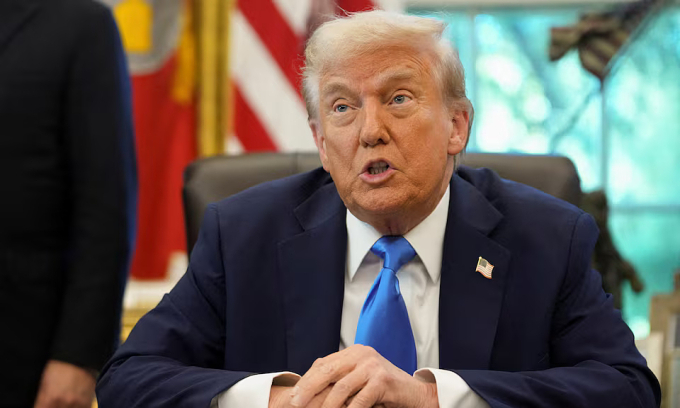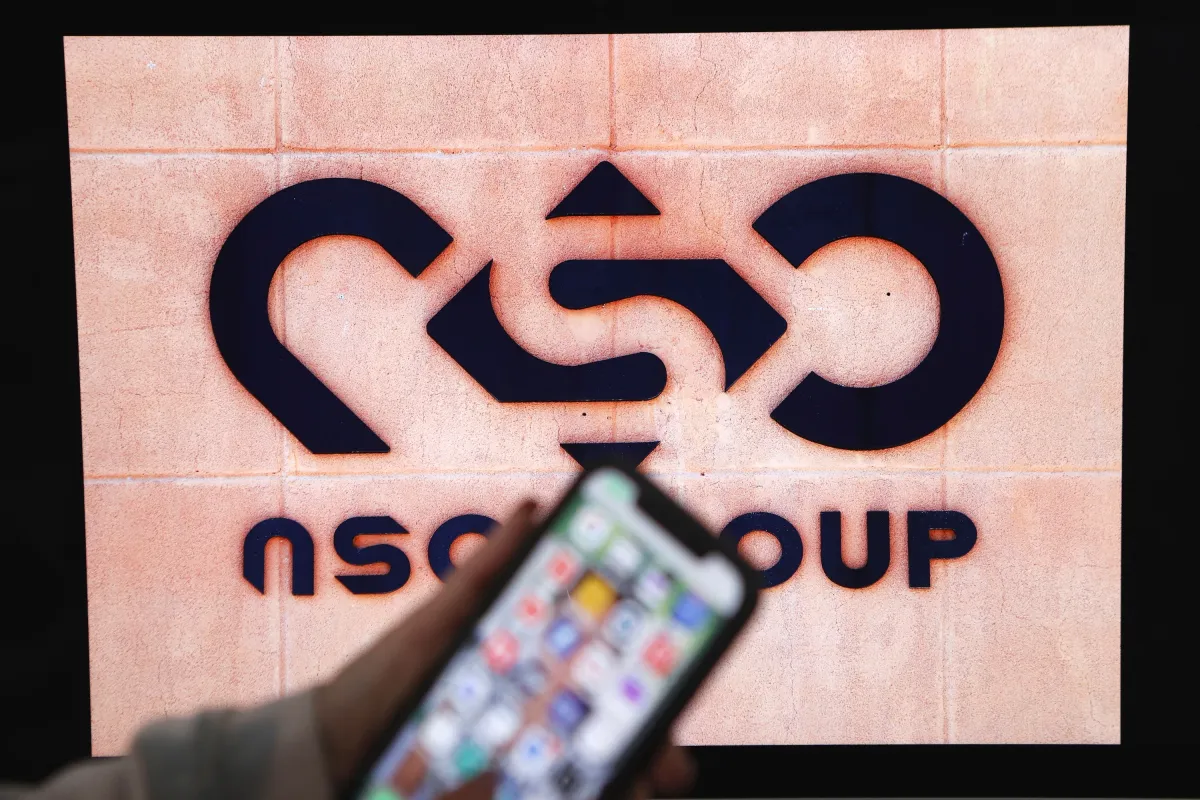Trump Slaps $100,000 Fee on Skilled Worker Visas
President Donald Trump has signed an executive order adding a one-hundred-thousand-dollar annual fee to the H-1B visa programme for skilled foreign workers. The new measure, which takes effect on September twenty-first, will only apply to new applications but require payments for up to six years. The White House says it is aimed at curbing “abuse” of the system. The move marks one of the most sweeping changes to U.S. immigration policy in recent years.
Until now, firms paid about fifteen-hundred dollars in administrative fees per application. Critics warn the sharp rise will devastate small businesses and start-ups. Immigration lawyer Tahmina Watson says most of her clients will be priced out, even though they turn to foreign talent only when they cannot fill jobs locally. Many fear this could leave critical positions in technology and healthcare unfilled.
The administration has also introduced a so-called “gold card,” fast-tracking residency for wealthy immigrants able to pay at least one million pounds. Supporters argue both moves will protect American workers, while opponents say they will damage U.S. competitiveness. Economists caution that this approach risks prioritising wealth over talent in shaping the future workforce.
Major companies are already reacting. Amazon, the largest beneficiary of H-1B visas last year, told employees already in the United States to stay put, while warning those abroad not to travel until further notice. Other big users of the programme include Microsoft, Google, Apple, Meta and Tata Consultancy Services. Industry insiders say many firms are scrambling to assess the long-term costs.
Business groups fear the new fee could force companies to move jobs overseas. India, the biggest source of H-1B applicants, is expected to be hit hardest. Analysts say the decision could shatter the “American dream” for thousands of skilled workers who view the visa as a pathway to U.S. careers and permanent residency. The policy is likely to trigger diplomatic tensions with countries that supply much of the skilled labour.
Source: BBC.
news via inbox
Get the latest updates delivered straight to your inbox. Subscribe now!




